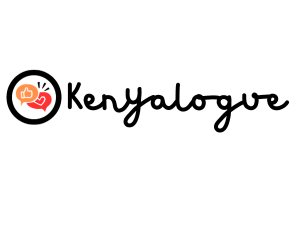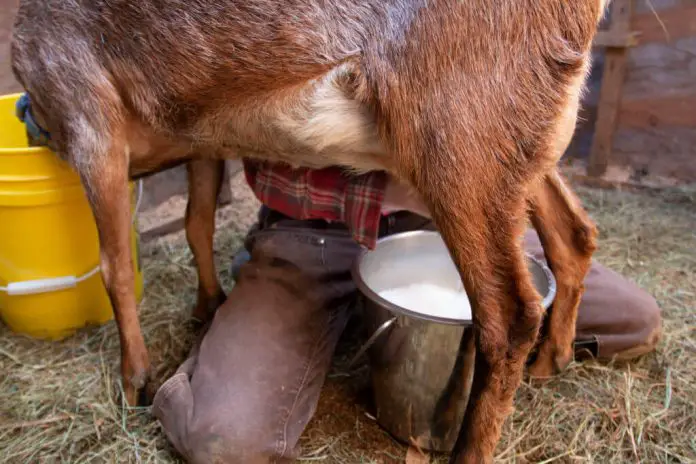As more people turn to healthier lifestyles, goat milk is becoming a sought-after dairy product.
But knowing where to sell goat milk in Kenya is crucial for dairy farmers who want to profit from this trend.
Is there a demand for goat milk in Kenya?
The Kenya Dairy Board has reported that the total amount of milk produced annually is around 5.2 billion liters, with cows being the primary source of milk.
However, goats also contribute a significant quantity of milk to the market.
The popularity of goat milk in Kenya is due to its many health benefits.
For example, it is easier to digest than cow’s milk and less likely to cause allergies.
Additionally, goat milk is a great source of protein and contains high levels of vitamin A, which can help to reduce the risk of cancer and boost the immune system.
It is also rich in other essential nutrients such as magnesium, potassium, and calcium, which are important for overall health.
If you are a farmer looking for a new and profitable venture, goat milk could be the answer.
By investing in some quality breeding stock and adopting good farming practices, you could tap into the growing demand for this milk and reap the rewards.
Where to Sell Goat Milk in Kenya
If you’re a goat milk producer in Kenya, you may wonder where you can sell your milk.
There are several options, depending on your target market and location.
Selling Locally
One option is to sell your goat milk locally in the open markets or to individual customers.
You can try to find local buyers by networking with other farmers, attending local events and fairs, or even putting up posters in the community.
Targeting the Upper Market
Another option is to target the upper market by approaching hotels, restaurants, and cafes.
These establishments often use goat milk to make specialty items such as cheese and ice cream, and they may be willing to pay a premium for high-quality goat milk.
Social Media
Social media platforms such as Facebook and Instagram can be used to reach potential customers.
You can create a page or group specifically for your goat milk business where you can share information about your products, prices, and locations.
You can also use paid advertising to reach more customers in your local area.
Is Goat Milk Profitable In Kenya?
While goat milk may not be a mainstream business venture for farmers yet, it can prove to be highly profitable for those willing to take the leap.
In fact, goat milk is currently selling for an average retail price of Ksh 200, which is a stark contrast to the Ksh 30 farmers usually earn by selling a liter of cow’s milk.
This tells us that there is a considerable demand for goat milk in Kenya, and farmers who choose to sell it have the potential to make a significant profit.
Recommended For You:
Galla Goats Farming in Kenya: Characteristics, Feeding, Challenges, and Profitability



